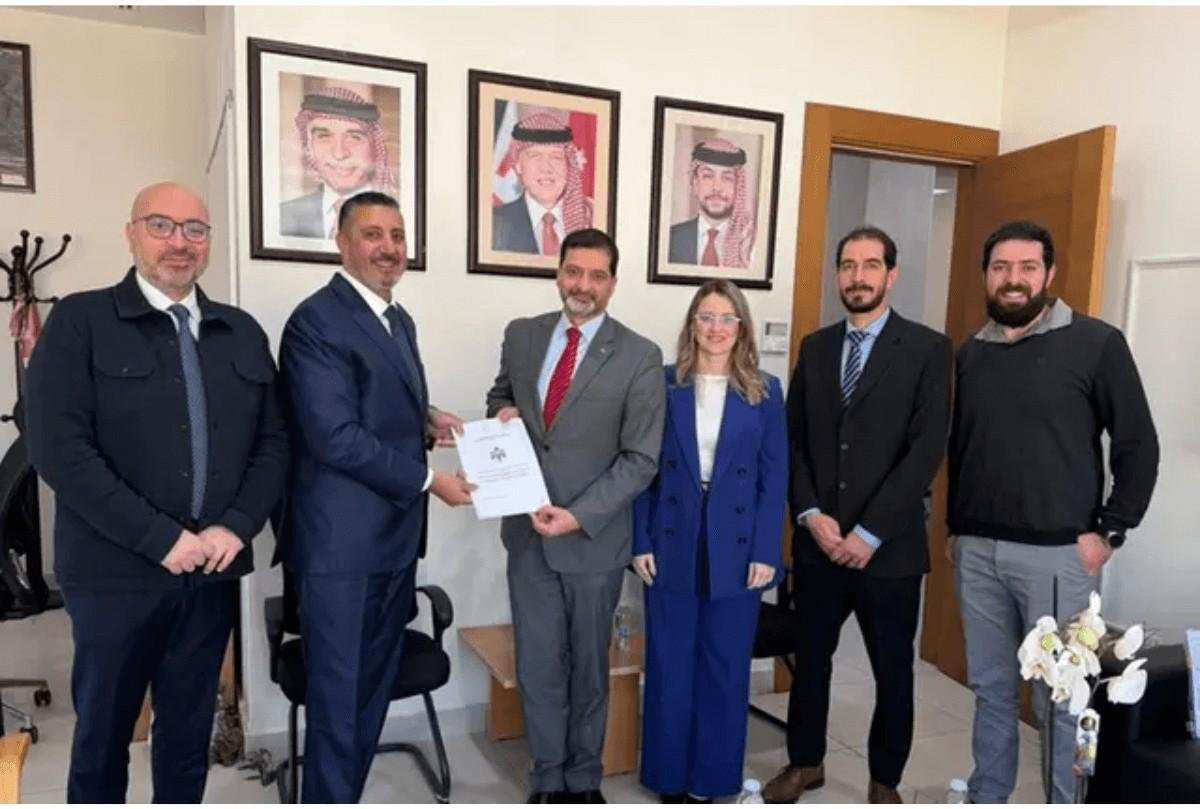Professor Alexander Akpodiete, a global authority on satellite communications, successfully conducted a five-day Satellite Communication Training Program for Bahrain’s Telecommunications Regulatory Authority (TRA). The program aimed to equip participants with advanced skills in satellite communication, with a focus on cybersecurity, artificial intelligence (AI), and network management.
The intensive training covered crucial topics like satellite orbits, frequency bands, beamforming, and cybersecurity, providing participants with practical tools to optimize satellite systems and align with Bahrain’s Vision 2030 goals of Sustainability, Competitiveness, and Fairness. The program placed a particular emphasis on two transformative aspects of satellite communications: cybersecurity and AI.
Participants learned advanced cybersecurity strategies to protect satellite systems from threats such as jamming and unauthorized access, as well as AI applications in satellite systems, such as predictive maintenance and dynamic bandwidth allocation. These cutting-edge technologies are transforming the satellite landscape, enabling smarter, more resilient systems.
A capstone project allowed participants to design satellite systems addressing national priorities, such as improving maritime connectivity and bridging the digital divide in rural areas. The projects showcased Bahrain’s potential to lead in satellite communications, aligning with Vision 2030’s goals of sustainability, inclusivity, and global competitiveness.
This training program, delivered by Professor Akpodiete, is a significant step in enhancing Bahrain’s satellite communication capabilities and positioning the country as a leader in the field. The success of this initiative marks the beginning of future programs aimed at further strengthening Bahrain’s technological infrastructure.















